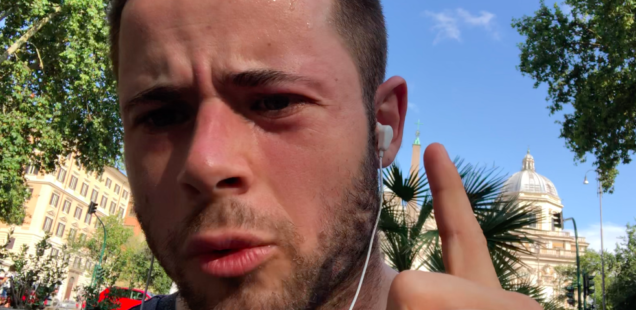
One Word Makes A Good Or Bad Day
This year I started to write, every day, one thing I did well and one thing I would improve on tomorrow.
With 200+ days, I ran text analysis for the most frequent words and phrases that lead to the ‘good’ and ‘bad’ parts of every day.
The most common 2-word phrase in the ‘Good’ day section was “I did”.
The most common phrases in the ‘Bad’ day section were “I didn’t” and “did not”.
I was surprised that ‘specific activity’ words appeared in roughly similar frequencies across the Good/Bad records:
-
Woke up
-
Work out
-
Call with
-
Chinese class
-
Weekly goals
-
Tried something
-
Wrote down
Based on these two findings, it was clear:
The Decision To ‘Do’ Or ‘Not Do’ Was More Important Than The Activity Itself
If I did my workout, I feel good. If I didn’t start on time, I feel bad.
If I did make the phone call, I’m glad. If I didn’t have the call, I missed out.
If I did attend Chinese class, I feel great. If I didn’t, I don’t like the non-commitment.
If I did try something new, I feel progress. If I didn’t, I feel stagnation.
Does Action/Inaction Really Make The Difference?
There are 1,000,000,000,000+ things you could do, from painting to walking outside naked to eating an almond, many of which are neutral or dangerous and to be avoided.
This opens the question: “What does it mean to ‘not’ do something?”
I did not wake up today, touch my nose to the floor and then spin in circles.
But, I also didn’t ‘not’ do it. I would never write, good or bad, that I didn’t do crouched-nose-circles this morning.
The only things you ‘didn’t’ do are those that occurred to you to do, but then you didn’t do them.
What types of things occur to you to do? Simply, things that might be a good idea.
The reason you think about a new marketing strategy, or saying ‘hi’ to that attractive person, or going for a run is because it might be a good idea.
Potentially good ideas will occur to you and me all day, and my self-findings show that I very rarely regret taking action on these ideas and that this decision often becomes the highlight of my day.
Following Action Step: Take the ideas that occur to you more seriously. Take more action on them.
Consider running a similar self-experiment. Your results could be similarly eye opening.
